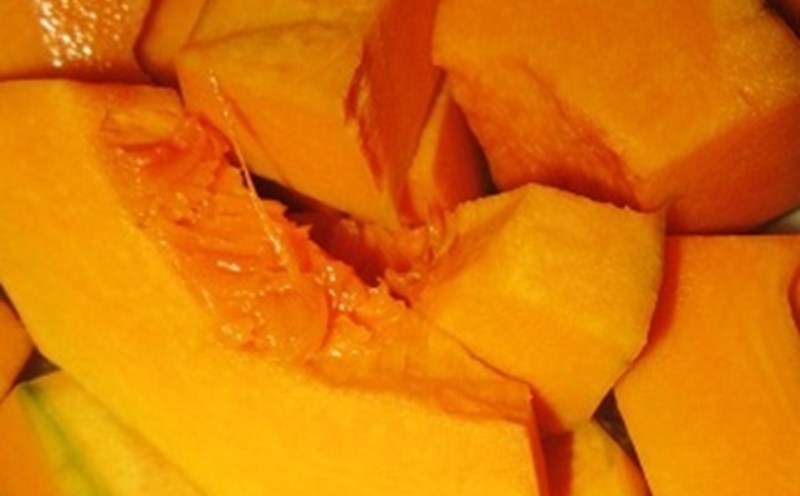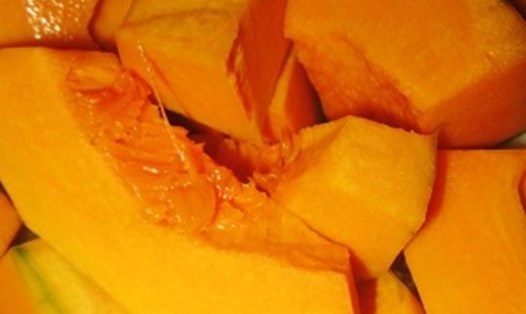Some studies have shown that in some cases, crispy persimmons can have a negative impact on liver function if consumed incorrectly or in too many doses.
Reasons why crispy pink may not be good for the liver
First, crispy persimmons contain high levels of tannin a substance that can cause protein synthesis and affect digestion. When consuming large amounts of tannins, especially from undercooked persimmons, the body may have difficulty absorbing nutrients, causing the liver to work harder to process waste. Tannin can cause digestive disorders and put pressure on the liver when the body has to process metabolic compounds.
Second, crispy pink has a relatively high glycemic index and contains a significant amount of fructose. A fructose-rich diet is associated with non-alcoholic fatty liver disease - a common disease today. When consuming too many fructose-rich foods like crispy persimmons, the liver has to convert this excess sugar into fat, thereby increasing the risk of fat accumulation in the liver and causing chronic hepatitis.
Finally, for people with a history of cirrhosis or chronic hepatitis, the consumption of crispy persimmons should be limited. The reason is that damaged liver will reduce the ability to metabolize and eliminate compounds such as tannin or fructose, thereby making the condition worse.
Although crispy pink has many nutritional benefits, for people with liver problems, excessive consumption can have the opposite effect. Therefore, crispy pink should be used in moderation, especially when there are underlying liver diseases.








